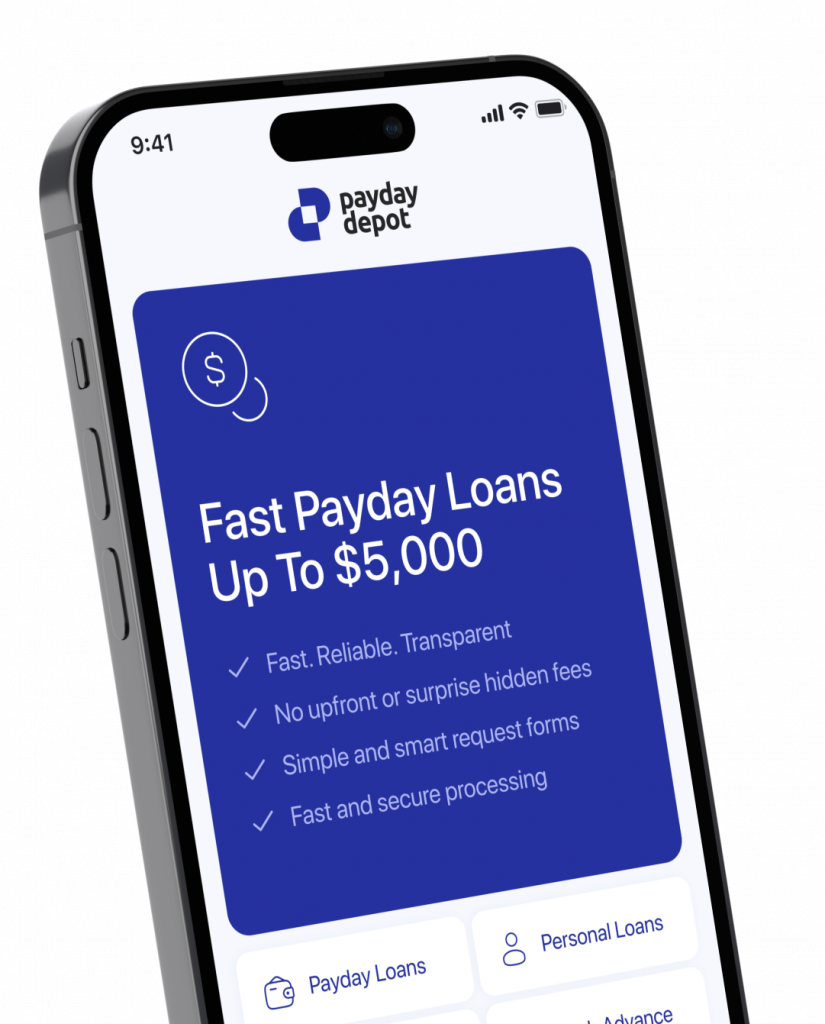Pawn Shop Loans
A pawn shop loan is a secured loan issued only after the client has provided something of value as collateral. Whether a specific item can serve as collateral is determined by the pawnbroker. The decision is made based on whether a pawn shop will be able to sell it in the event of non-repayment of the debt. The loan amount is determined by the price for which a pawn shop will sell the pledged item. It provides a certain percentage of the resale value of the item offered.
Features of Pawn Shop Loans
- High speed of obtaining a loan. Unlike with many other loans, the borrower does not have to wait for their application to be reviewed and approved. A loan from a pawn shop is issued instantly if the borrower is satisfied with the price assigned for their collateral.
- No credit checks. Another important advantage of pawn shops is that they do not send inquiries to the credit bureaus to find out the borrower’s credit score. Thus, they cannot negatively affect the borrower’s credit history.
- A non-recourse loan. The pawnbroker has limited rights against the borrower compared to other types of loans. For example, they cannot demand repayment of the debt or sue the borrower in case of non-payment of the debt. The relationship between the lender and the debtor, in this case, is completely built based on the collateral provided by the borrower.
- Small loan size. Pawn shops lend small amounts of money, so if you need a large amount, you should consider other loan options. However, there are pawn shops ready to lend tens of thousands of dollars to clients if they have things that interest the pawnbroker.
- Fast loan repayment period. Pawn shop loans are provided for a short period, usually 30 days. If the borrower cannot repay the debt by this time, they can extend the term of the agreement if they pay interest to the pawn shop for using the debt and keeping their belongings.
- High interest rate. The pawnbroker runs the risk that they will be able to sell your item only if the debt is paid. Therefore, the interest rate for these types of loans is high. It can be calculated for each day of the loan or monthly and varies depending on the cost of the pledged item. The more valuable the item, the lower the interest rate. The interest rate range is quite wide and varies depending on the state and the policy of a particular pawn shop. In most cases, it will be between 5% and 25% a month.
Determining the Loan Amount at a Pawn Shop
The amount that can be paid at a pawn shop for collateral is determined by its resale value. However, the borrower does not receive the entire amount but only a certain percentage, which does not exceed 60%. In this way, the pawnbroker encourages timely repayment of the debt and also ensures a profit if this item has to be sold later.
What Is Accepted as Collateral at a Pawn Shop?
Since the borrower receives only a small percentage of the resale value of the collateral, sometimes as little as 25%, it must be quite an expensive item. Therefore, jewelry and gemstones are often used as collateral, as well as precious metals, watches, collectibles, etc. Electronics, weapons, and other valuables that can later be sold are also accepted as collateral.
